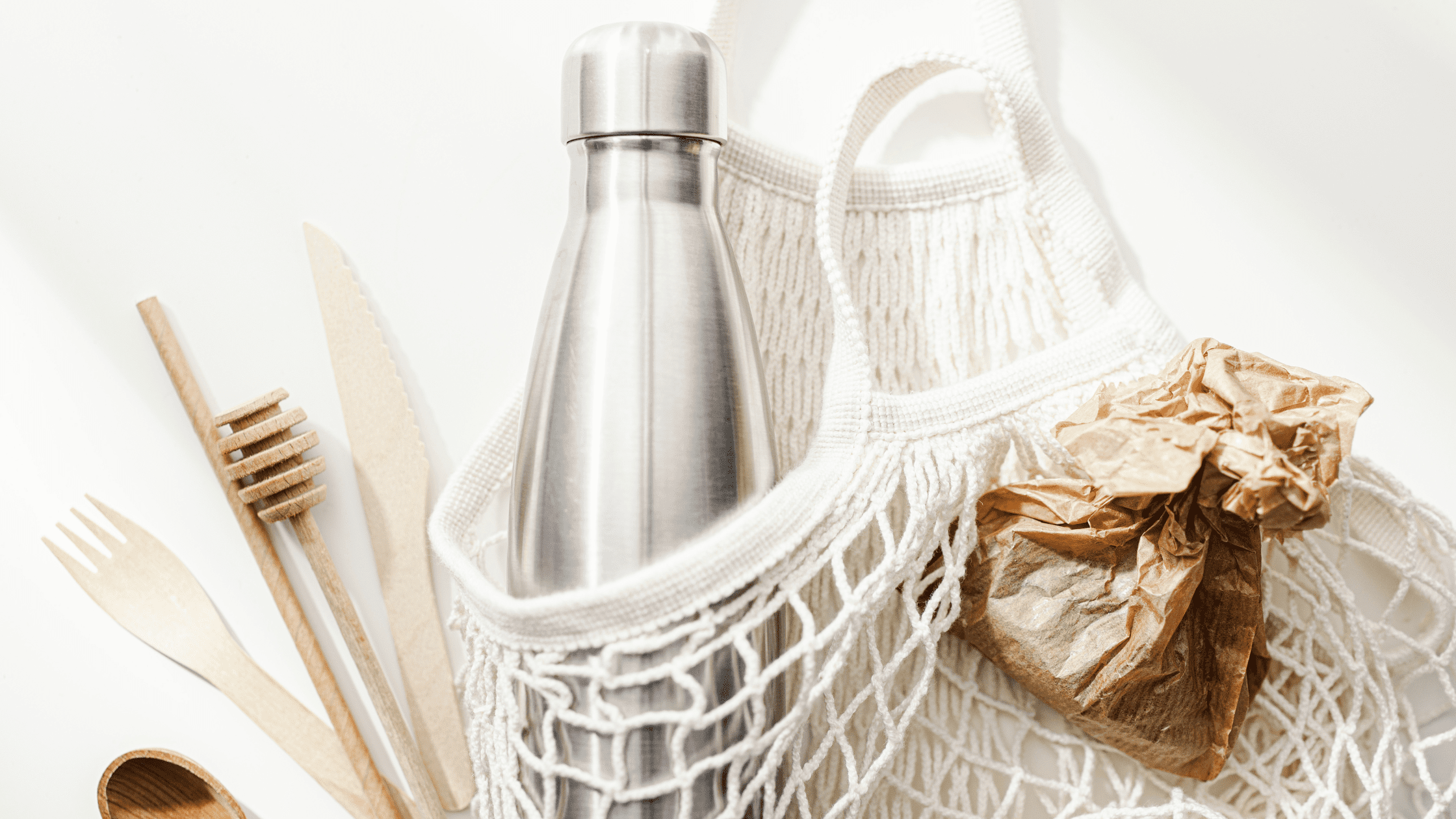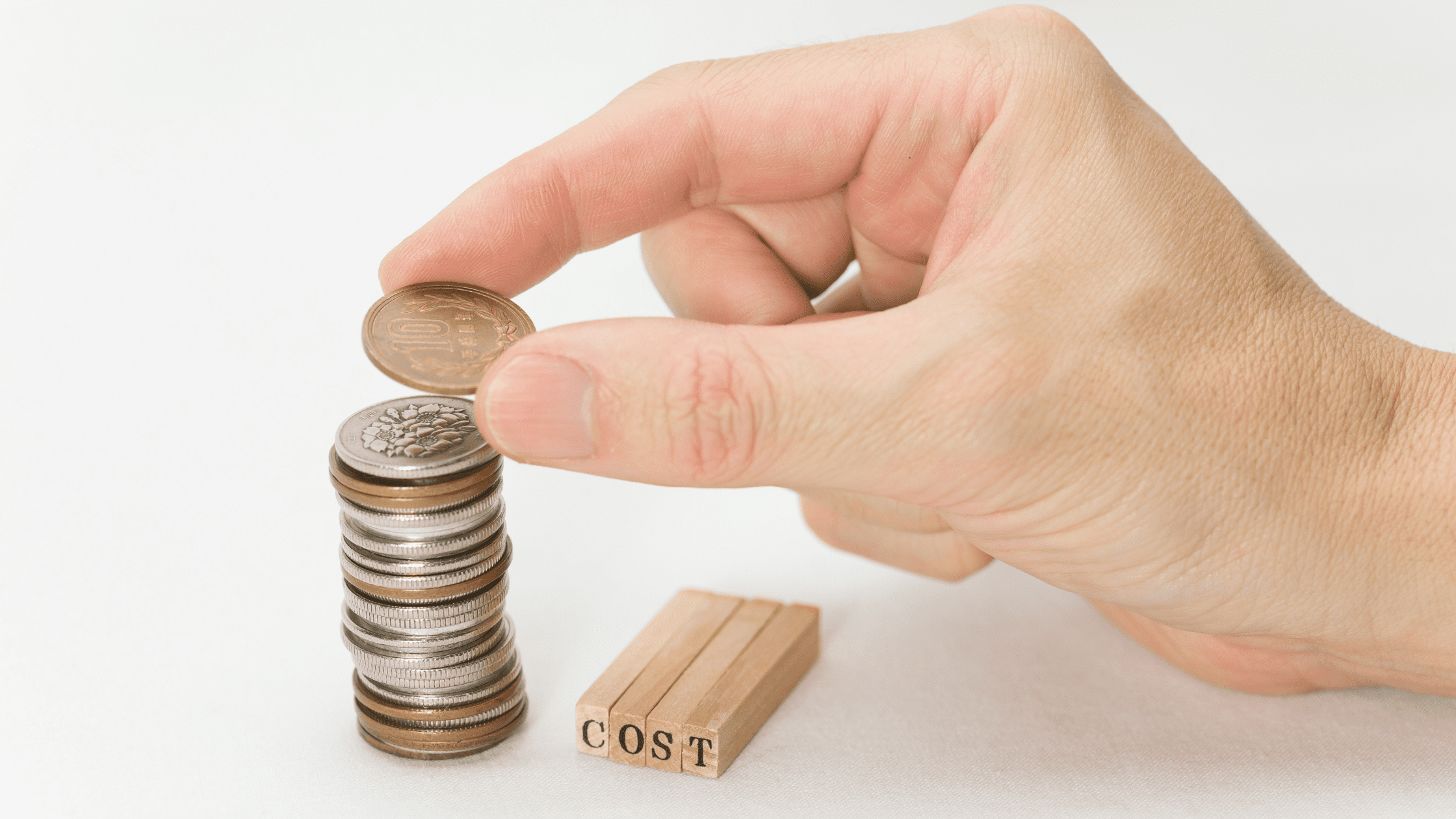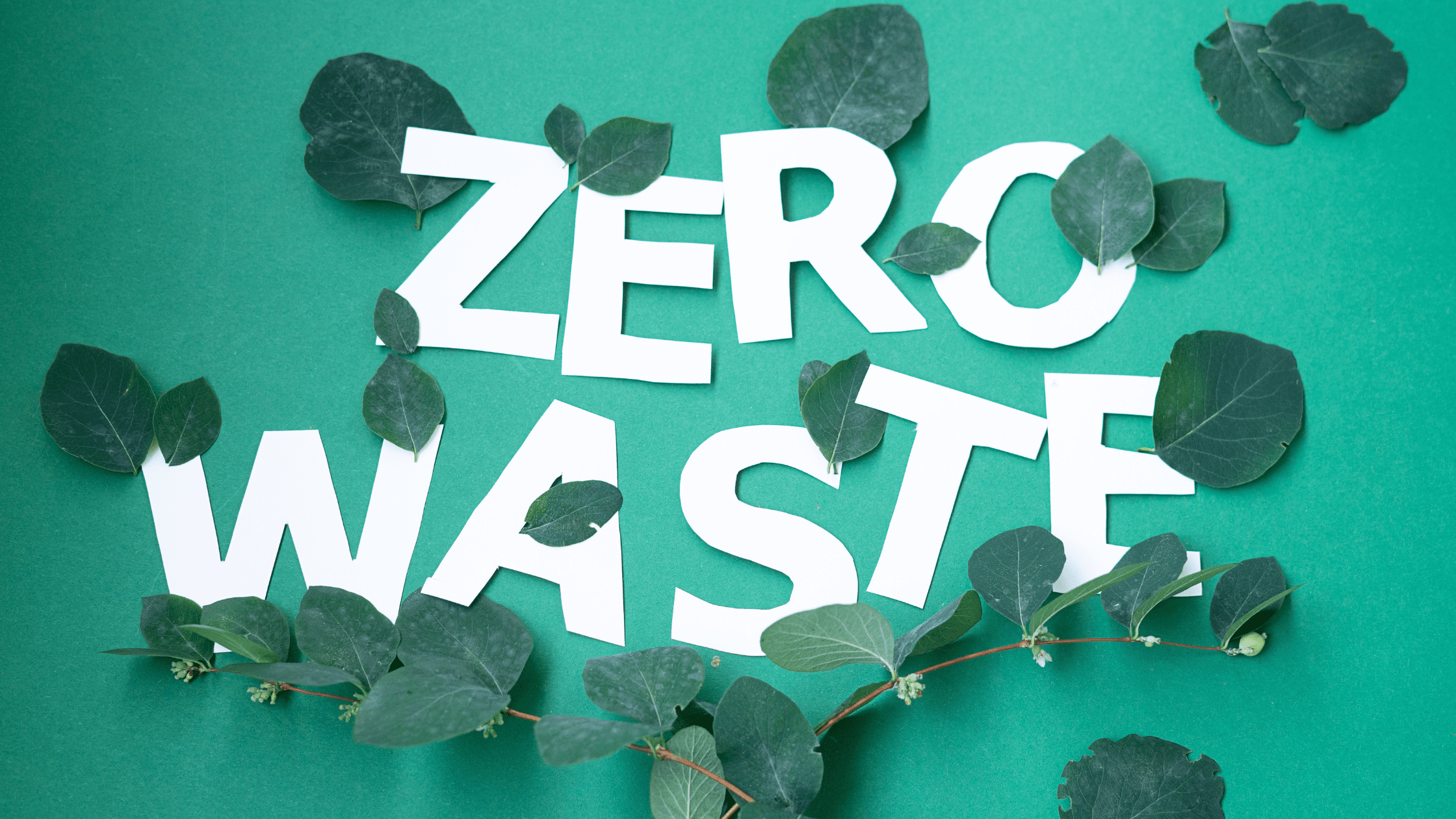The environmental dangers of discarded plastics are now a mainstream topic of conversation. Whilst that’s a positive step towards increasing the number of “plastic free businesses”, it presents a major challenge for most to reduce the use of plastic in their commercial operations.
When plastic materials arrived on the scene, they were embraced as the solution to a whole host of business problems, from the synthetic fibres in production materials to the packaging which keeps our food fresh.
These different plastics with polymers at their core could be moulded into the shape you needed. They were durable and rigid, the perfect solution for packaging in particular.
Only now do we know how ubiquitous plastics have become and how dangerous they are to nature and the environment.
Balancing sustainability with hygiene, shelf life and cost
While businesses can make a few visible, obvious changes to reduce plastic use with better recycling practices and promoting the reuse of everyday items, it’s much harder to eliminate a material (or range of materials) that have such utility in our daily lives.
Consider those who have significant manufacturing or production processes and supply chains. How do they even begin to remove plastic from their operations when it has played such a beneficial role in their success?
Plastic has been a mainstay for businesses to keep produce fresh and clean, to maximise the shelf life of consumables, to transport goods from factory to store and to minimise costs. They may have supply chain partnerships which have been established and worked like clockwork for years. The barriers to change are not easy to ignore.
Whilst there is some good news in that alternatives to plastic are becoming more widespread and affordable, it still requires a significant step change for businesses to become low plastic or plastic free. And if the cost of doing so is going to be prohibitive, where does that leave them?

Reducing plastic waste with recycling and biodegradable alternatives
So what should an environmentally conscious business do to change tack?
An initial, end-to-end analysis of business processes can identify where plastics are being used in daily business, whether they are single use items or can be meaningfully recycled and how certain plastic items might be replaced.
Packaging of materials is one of the biggest contributors to plastic waste. There are a number of steps you can take to address this, from looking at smaller, tighter packaging that uses less material to using biodegradable alternatives.
The food industry is a good example of this in terms of the amount of packaging that can be reduced and recycled. But if you check the labelling on food produce, there is still a long way to go before packaging becomes entirely plastic free.
That brings us neatly to the topic of “greenwashing” and the myriad examples of businesses making claims about their sustainability credentials for publicity gains.
But it’s an important point in that a business needs to be sure that any changes it is making to attain plastic free operations aren’t inadvertently causing similar environmental damage in other ways.
It’s not only about plastics in production and packaging either. An environmentally ethical business will also be looking at staff consumption of single use items like plastic canteen cutlery or drinking vessels.
Guiding businesses through plastic use and realistic, data-led change
This is where waste management companies like our team at Everflow can help. The journey to a plastic free business starts with a comprehensive waste audit which also analyses the use of plastic across your entire operation.
By measuring these outputs with accurate data, you can identify opportunities to minimise packaging, switch to reusable plastics and achieve higher recycling rates.
You can also look at cost comparisons in terms of replacing single use plastics and packaging materials with biodegradable options like paper, cardboard or glass.

Contact Everflow today!
At Everflow, our goal is to make your utilities simpler. We ensure you get great-value contracts that are tailored to your needs and easy to manage.


